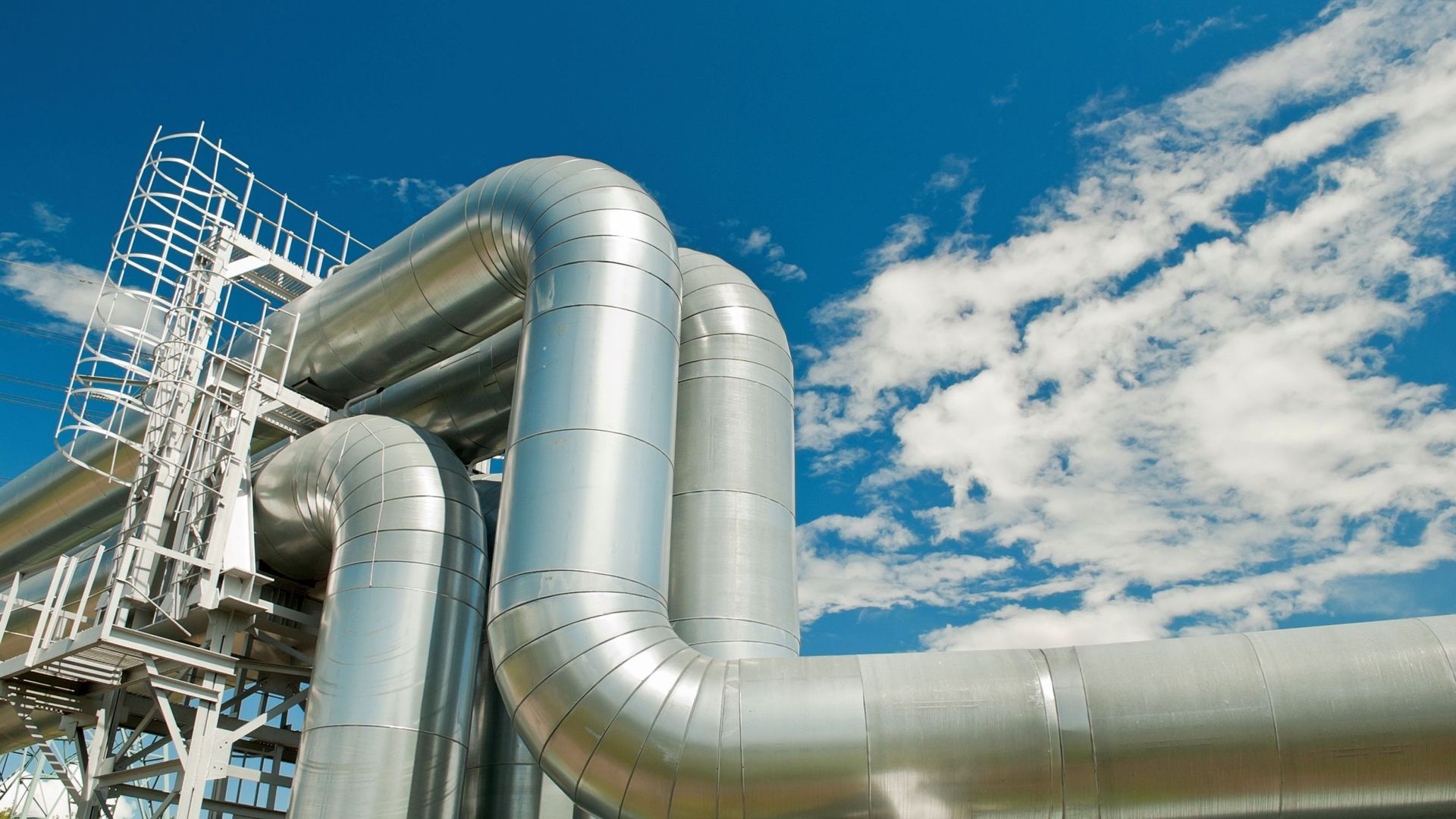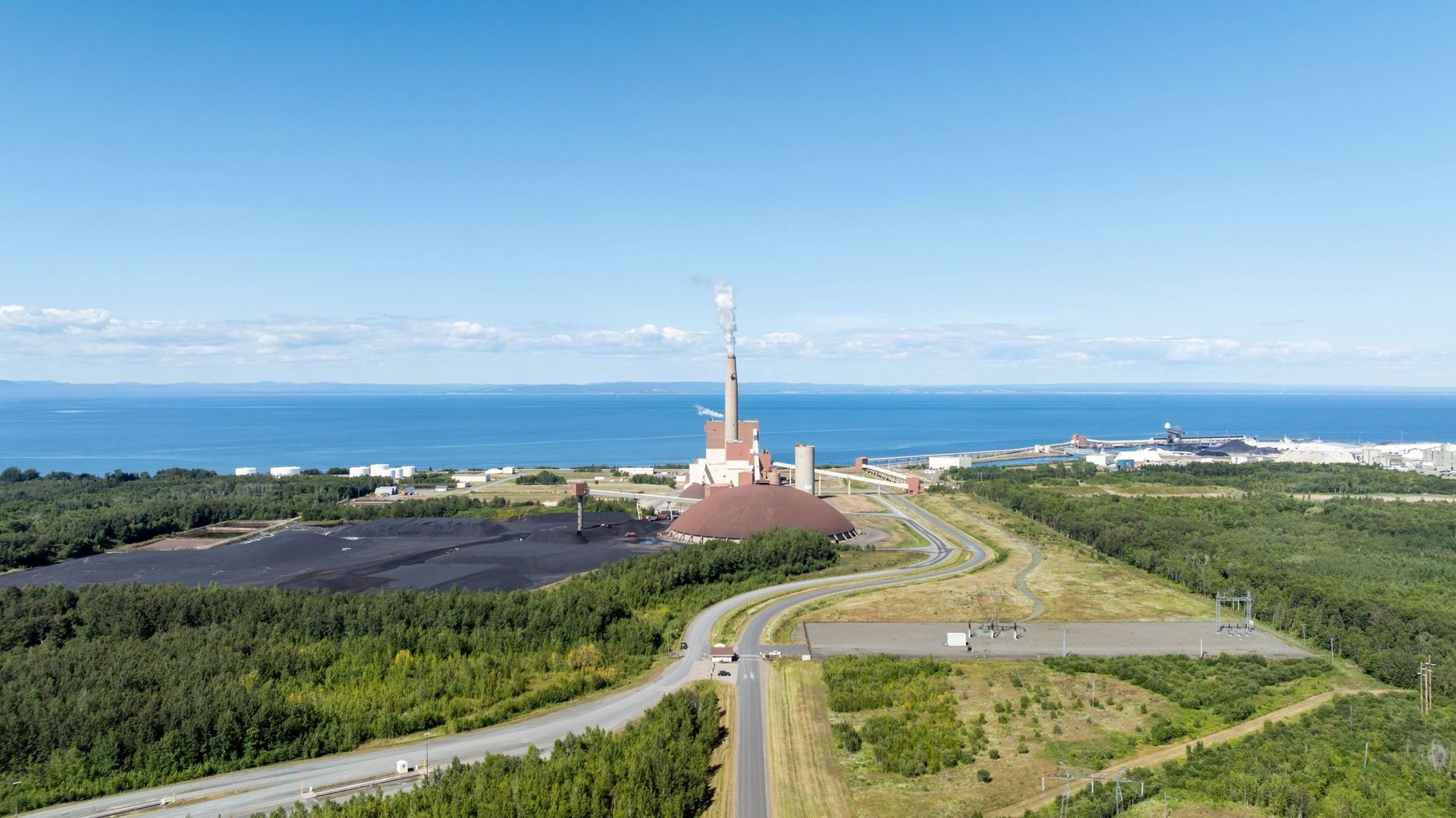COP30 TO SEND NEW MEMO: ENERGY TRANSITION MEANS ECONOMIC TRANSITION
Climate summit delegates will be advised to find fiscal recovery in green economic and energy transition
WITHIN two months world leaders are expected to leave the planet’s 30th international climate summit with a fresh perspective on energy transition.
Unlike 29 Conference of Parties before it, COP30 is set to refocus participants on the financial benefits of addressing climate change, as well as the economic costs of ignoring it.
It’s believed this resounding message at November’s Brazil conference will replace repeated warnings of a world approaching breaking point, in dire need of averting its fearful fate.
Instead, dialogue at COP30 is anticipated to chime with growing global concerns and priorities around weakening economies, cost of living crises and rising unemployment.
The UN’s executive secretary of Framework Convention on Climate Change intends to convince attendees in Belem that the growth and profit they seek lies in green economic transition – with clear cut examples used to make his point.
Through COP30, Simon Stiell will illustrate “the economic growth that can be stimulated through strong climate action.”
It is anticipated that countries like Japan and China – having gained billions in investment and generated mammoth profits by embracing clean energy and green economic transition – will provide much of his case study material in Belem.
He told government officials visiting him in New York this month: “We’ve been speaking about the impacts on lives, livelihoods. It doesn’t get into other elements – the economic benefits of taking climate action and what this means in terms of jobs, food security, water security.”

Brazil was chosen to host COP30 for its potential to lead on issues of biodiversity and nature-based solutions to climate change
But Mr Stiell will also use COP30 to highlight the economic effects of the climate crisis on countries if their national plans to meet the Paris agreement are neglected.
According to an International Chamber of Commerce report which analysed 4,000 climate-related events – from flash floods that washed away homes to drawn-out droughts that crippled farming – extreme weather cost countries $2tn globally between 2014 and 2024.
The ICC’s secretary-general John Denton reflected on the study: “Major productivity losses from extreme weather events are being felt in the here and now by the real economy.”
His views have been advanced recently by insurance industry leaders who have spelled out the consequences of coverage for climate-related risks becoming unviable and unavaiable.
Posting on his LinkedIn page, Allianz SE board member Günther Thallinger explained: “Extreme weather phenomena drive direct physical risks to all categories of human-owned assets – land, houses, roads, power lines, railways, ports, and factories. Heat and water destroy capital. Flooded homes lose value. Overheated cities become uninhabitable. Entire asset classes are degrading in real time. Entire regions are becoming uninsurable.
“If insurance is no longer available, other financial services become unavailable too. A house that cannot be insured cannot be mortgaged. No bank will issue loans for uninsurable property.
“That means no more mortgages, no new real estate development, no long-term investment, no financial stability. The financial sector as we know it ceases to function. And with it, capitalism as we know it ceases to be viable. There is no capitalism without functioning financial services.
“There is only one path forward: prevent any further increase in atmospheric energy levels. That means keeping emissions out of the atmosphere. That means burning less carbon.
“This is not about saving the planet. This is about saving the conditions under which markets, finance, and civilization itself can continue to operate.”
And while delegates at COP30 will listen to alarming economic predictions more attentively than human ones, they might also note how the global private sector’s $2tn investment in low-carbon industry last year dwarfed it $1tn one in fossil fuel.
Money talks and the UN’s executive secretary of Framework Convention on Climate Change is correct to ask COP30 delegates to look at climate change with fresh eyes.
The opportunities for economic growth and financial security that reside in green energy and economic transition remain relatively untapped.
Now, for layered reasons, is the moment for government, industry and enterprise to embrace them.
23rd September














